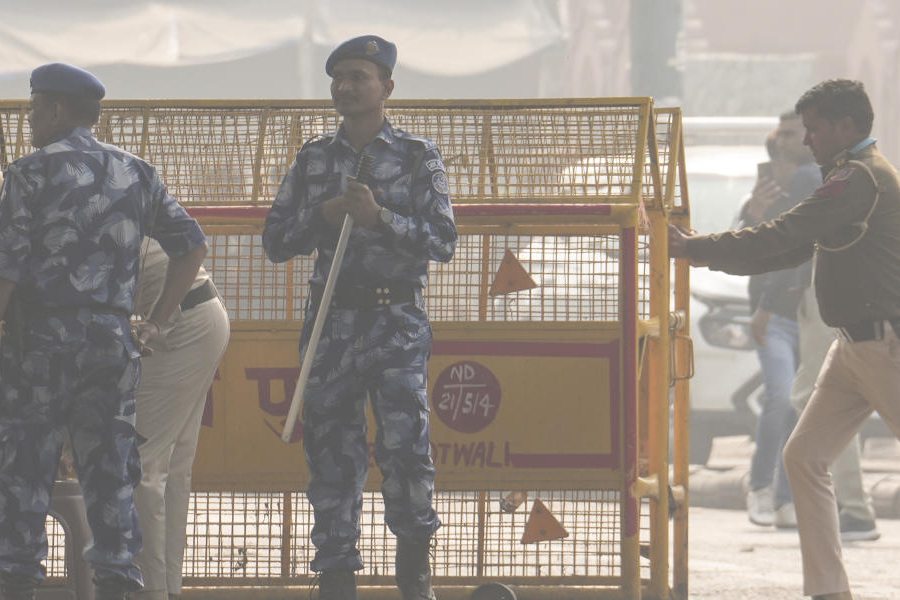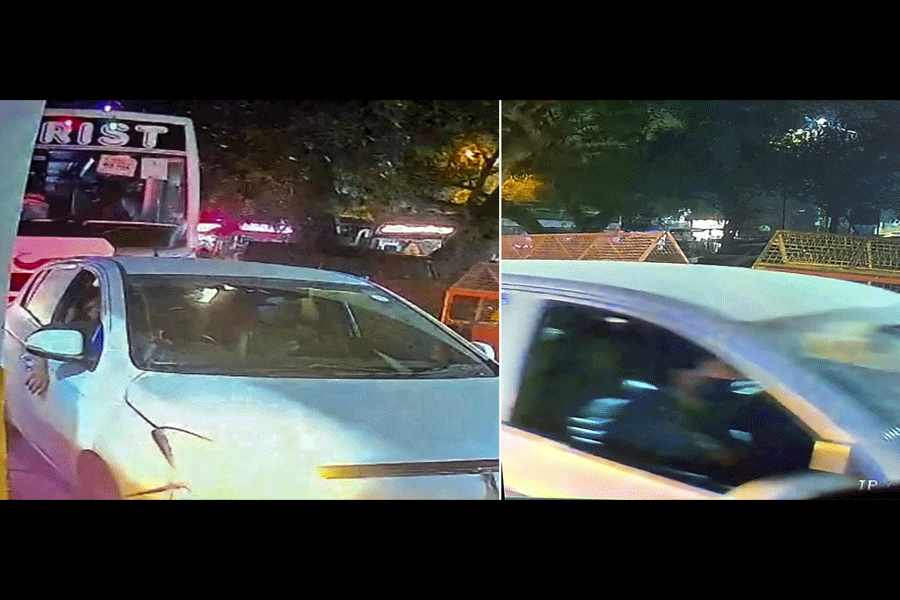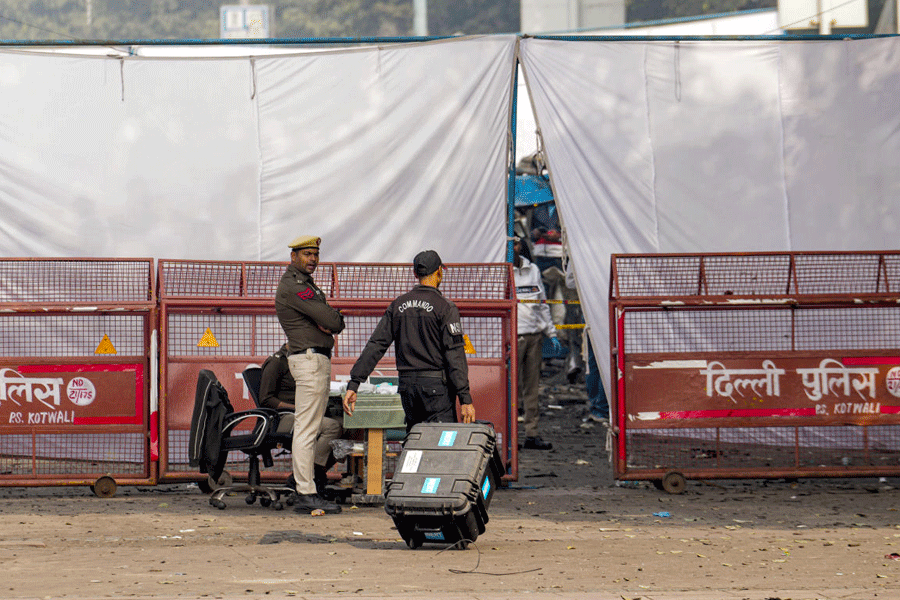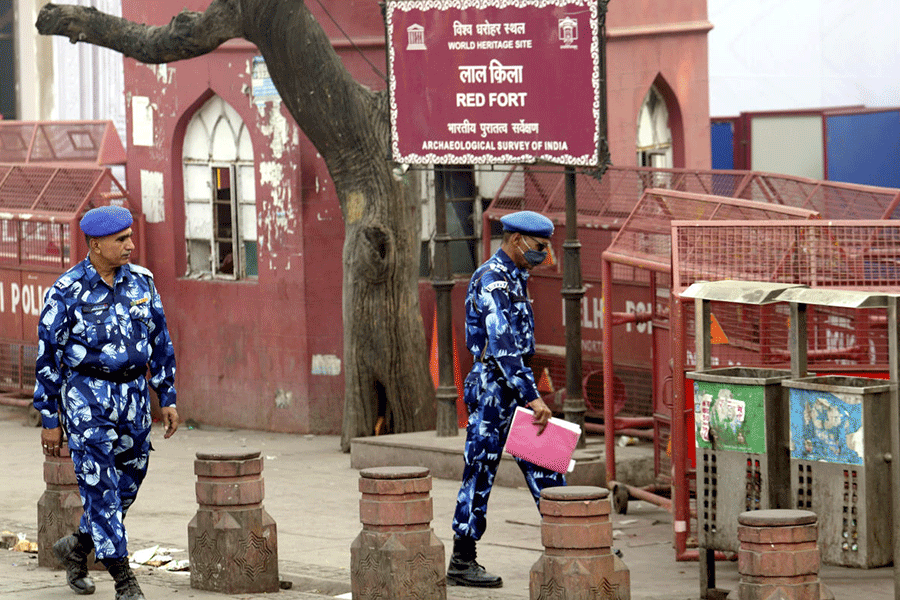The Gujarat Anti-Terrorist Squad (ATS) on Wednesday said it has so far found no evidence connecting the alleged Ricin chemical terror plot under investigation in Gujarat with the recent car blast in Delhi.
The Gujarat ATS had on Sunday claimed to have uncovered a suspected terror network following the arrest of the three accused, including Dr Ahmed Mohiyuddin Saiyed of Hyderabad, who was allegedly attempting to produce Ricin, a highly potent poison derived from castor beans.
Ricin can cause death even in minute quantities and is listed as a chemical warfare agent under international conventions. Officials said the search operations across multiple states are continuing as part of the wider probe into what investigators believe was a planned attack involving the lethal poison.
“For now, all we can confirm is that there is no link between the two incidents—the one in Gujarat and the Delhi blast case,” a senior ATS official told PTI. “Our focus remains on identifying the complete chain of supply and communication.”
The official told PTI that a team carried out searches at the Hyderabad residence of Saiyed in the Rajendranagar area on Tuesday, where investigators recovered a chemical substance and several raw materials reportedly kept for preparing an unknown compound.
“The seized chemical and other raw substances have been sent for forensic analysis,” the official said. “As of now, no connection has been found between Dr Saiyed and other doctors arrested in connection with the car blast in Delhi.”
The official added that similar searches had been carried out at the residences of two other arrested accused, Azad Suleman Sheikh and Mohammad Suhail Mohammad Saleem, n Uttar Pradesh, though those searches did not yield any incriminating evidence. Both men were earlier held for allegedly procuring and supplying weapons to Saiyed.
According to the Gujarat ATS, Saiyed, originally from Hyderabad and holding a medical degree from China, had initiated research into producing Ricin and had already begun preliminary chemical processing.
Investigators believe he intended to use the substance to carry out a terrorist act. From his possession, the squad reportedly recovered two Glock pistols, a Beretta pistol, 30 live cartridges and four litres of castor oil.
The ATS further claimed that Saiyed was acting under the guidance of a handler identified as Abu Khadija, a resident of Afghanistan linked with the Islamic State Khorasan Province (ISKP). The official added that the handler had also been in contact with persons based in Pakistan.
Meanwhile, the other two accused, Sheikh and Saleem, allegedly sourced firearms from Hanumangadh in Rajasthan and supplied them to Saiyed. The trio has been charged under the Unlawful Activities (Prevention) Act (UAPA), sections of the Bharatiya Nyay Sanhita, and the Arms Act.
Saiyed was remanded in ATS custody till November 17. Officials said the investigation continues to determine the full extent of the network and to verify whether any of its links extend beyond Gujarat.













